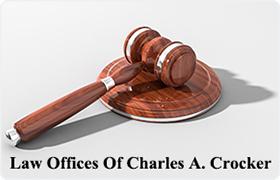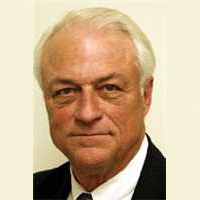Bay City Estate Lawyer, Texas
Sponsored Law Firm
-
 x
x

Click For More Info:
-
Law Offices Of Charles A. Crocker
1770 Saint James Place Suite 601 Houston, TX 77056» view mapEstate Law Treating People With Integrity & Respect
The cornerstone of my success is the quality relationship which I maintain with clients. I focus on intelligent legal representation & pledge to listen & communicate with clients.
800-884-5920
William Roy Pendergraft
Commercial Real Estate, Wills, Business & Trade, Business
Status: In Good Standing Licensed: 28 Years
Herbert W. Henry
Commercial Real Estate, Oil & Gas, Industry Specialties, Wills
Status: In Good Standing Licensed: 53 Years
 Charles A. Crocker Houston, TX
Charles A. Crocker Houston, TX Practice AreasExpertise
Practice AreasExpertise
